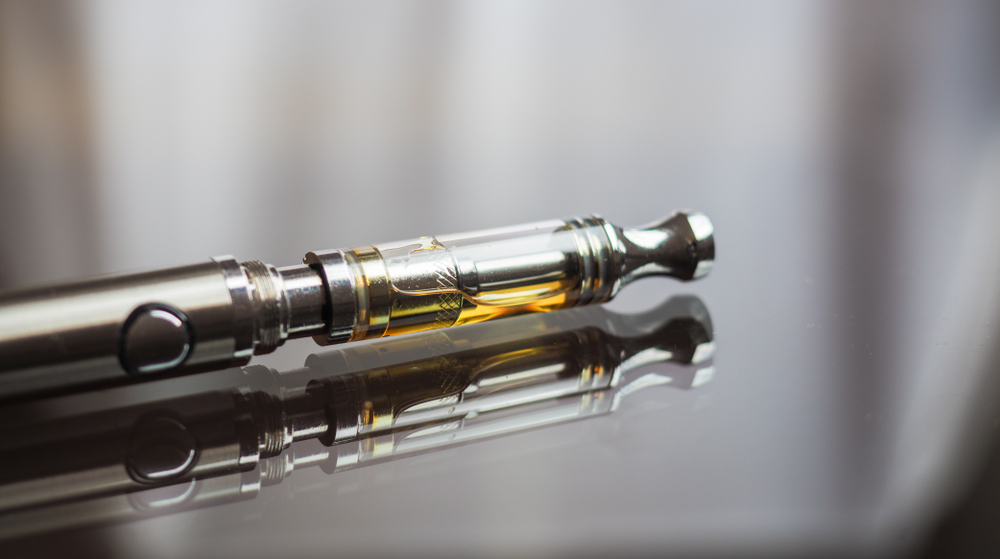Cosmetic dental services are trending these days. When it comes to restoring or enhancing the appearance of your teeth, dentists often recommend either dental crowns or veneers. Both options have their own set of advantages and disadvantages, and the choice between the two ultimately depends on the individual’s oral health needs and personal preferences.
This comprehensive blog will highlight key features of dental crowns and veneers, and the differences between them to help determine which one is better for oral rehabilitation and smile enhancement.
What are dental crowns?

A dental crown is a cap-like restoration that covers the entire tooth, restoring its shape, size, and color. These are customized to snugly fit over the tooth to protect it from further damage and prevent the spread of infection to the neighboring teeth. Crowns are typically made of porcelain, ceramic, or metal materials.
Dentists often recommend dental crowns to:
- Protect weakened or decayed teeth
- Restore broken or worn teeth
- Support teeth with large fillings
- Anchor dental bridges
- Enhance appearance
The procedure involves preparing the tooth by excavating infectious tissue, recording oral impressions, and cementing the crown in place. With proper care and maintenance, dental crowns can last for many years.
What are dental veneers?
Dental veneers, on the other hand, are ultra-thin, luxurious customized shells made up of different materials like porcelain or composite material bonded to the front surface of the tooth.
Veneers are used to:
- Improve the appearance of discolored or stained teeth
- Repair chipped or cracked teeth
- Close gaps (diastema) between teeth
- Enhance the shape and size of teeth
Veneers are less invasive than crowns and require minimal tooth preparation. They are also more aesthetically pleasing, as they blend seamlessly with the surrounding teeth.
What are the key differences between dental crowns and veneers?
- The main difference between crowns and veneers is the extent of tooth coverage. Crowns cover the entire tooth, while veneers only cover the front or anterior surface.
- Veneers are ultra-thin shells measuring about 1 mm in thickness, while crowns are about 2 mm in thickness.
- This difference affects the tooth preparation process, with crowns requiring more tooth reduction than veneers.
- Another significant difference is the purpose of each restoration. Crowns are used to restore damaged or decayed teeth, while veneers are primarily used for cosmetic purposes.
- Furthermore, veneers always require natural tooth structure for placement, while a crown can also be used on a dental implant to act as a replacement for a natural tooth.
- Crowns can be made up of several types of materials like metal, or resin in addition to porcelain. While veneers are often made up of tooth-colored material.
What are the pros and cons of crowns and veneers?
Both crowns and veneers have their own set of pros and cons.
Crowns
Pros:
- Provide comprehensive coverage and protection against infection
- Can be used for both functional and cosmetic purposes
- Durable and long-lasting
Cons:
- Require significant tooth reduction
- May not be suitable for teeth with minimal damage
- Can be more expensive than veneers
Veneers
Pros:
- Less invasive and requires minimal tooth preparation
- More aesthetically pleasing
- Can be used for minor shape corrections
Cons:
- Only cover the front surface of the tooth
- May not be suitable for teeth with extensive damage
- Can be prone to chipping or cracking
Which is better- dental crown or veneer?
This is a very tricky question to answer. The choice between dental crowns and veneers depends on your specific oral needs. If you have extensively damaged or decayed teeth, crowns may be the better option. However, if you’re looking for a cosmetic solution to improve the appearance of your teeth, veneers may be the way to go.
Consult with a dentist to determine the best course of treatment for your unique situation. They will assess your teeth and recommend the most appropriate restoration based on your oral health needs and personal preferences.
Takeaway
In conclusion, dental crowns and veneers are both effective restorations that can improve your smile and oral function. But they serve different purposes and have different advantages and disadvantages. By understanding the key differences and pros and cons of each option, you can make an informed decision and achieve the smile you deserve. Whatever restoration you may opt for, practicing oral hygiene practices and getting regular dental checkups are vital for maintaining them and the rest of your natural teeth.



